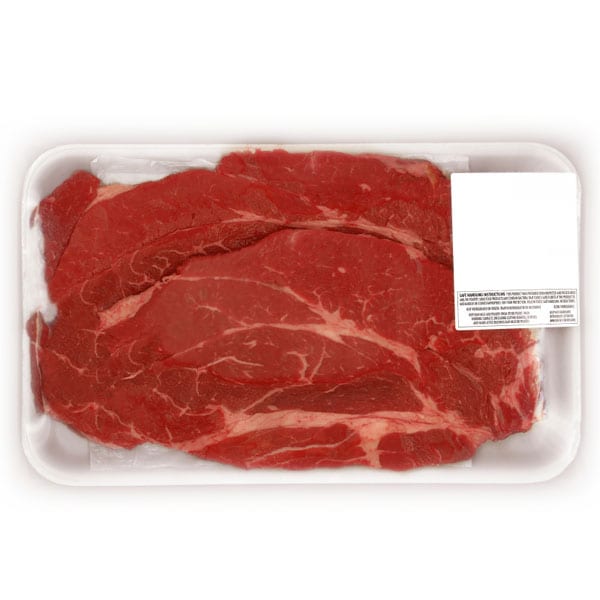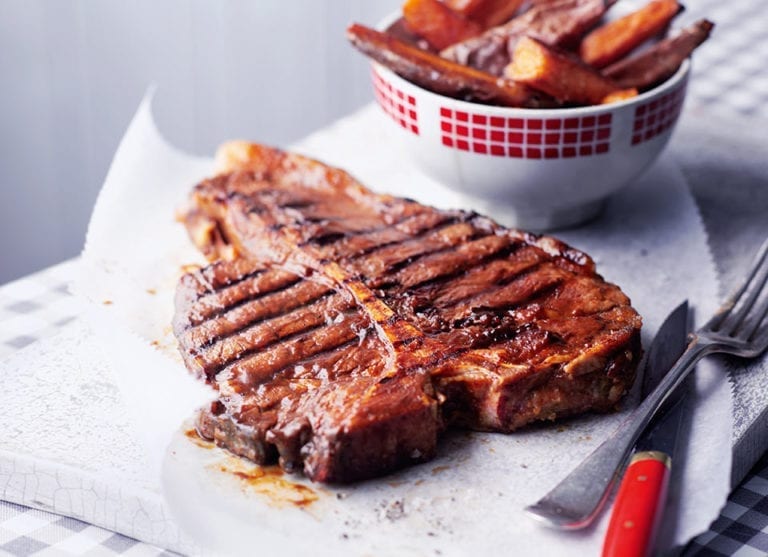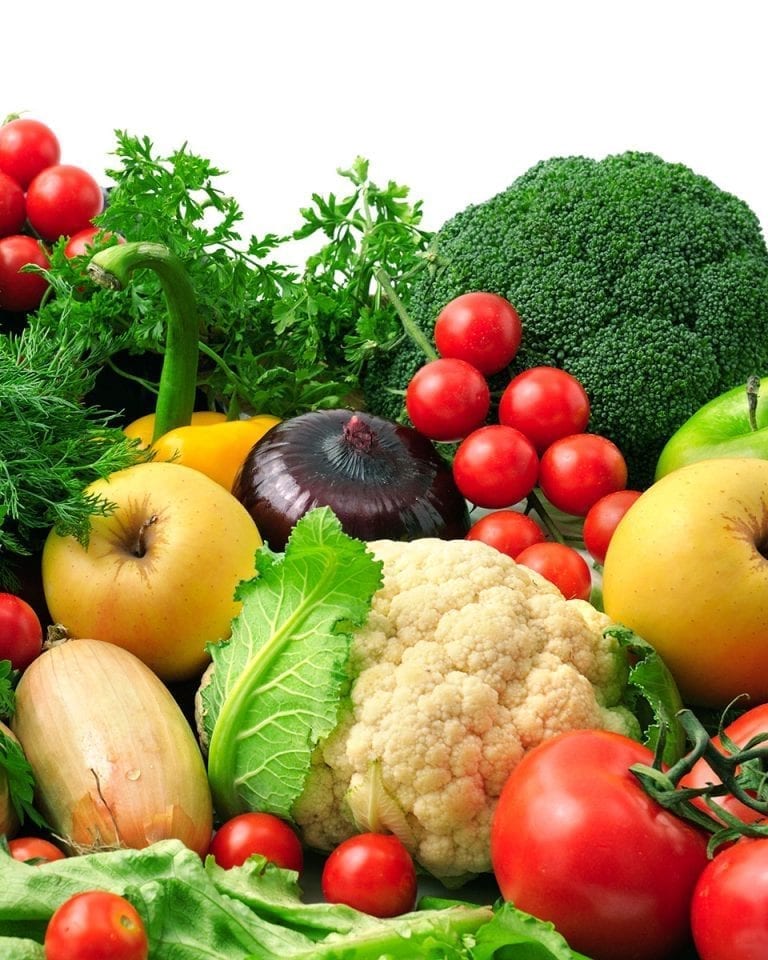Is red meat really that bad for you?
Barely a week goes by without red meat being linked with health problems such as cancer and heart disease.
But is it as bad as all that? Registered dietitian Juliette Kellow gives the experts a good grilling.
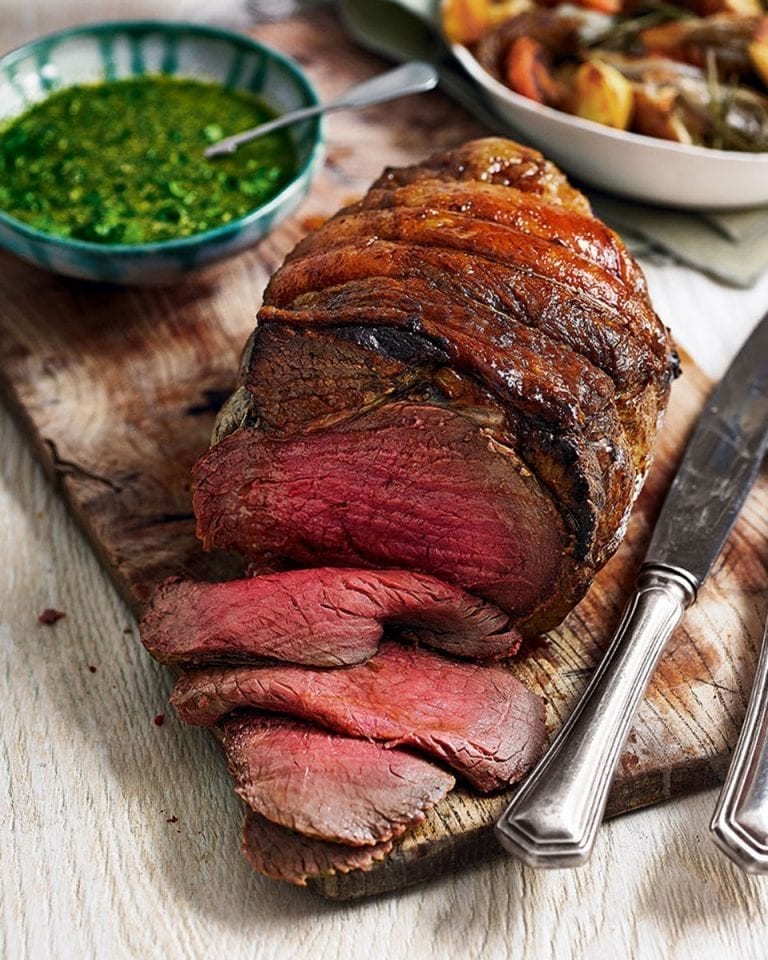
Red meat has been making the news of late, and precious little of it is of the good variety. With headlines declaring the likes of steak, bacon and sausages as health hazards, it’s no wonder many are cutting back on meat. In a recent survey from the Vegetarian Society, three out of 10 people reported they’d eaten less meat in the past 12 months, with another one in 10 saying they planned to cut down or avoid it. Not surprisingly, 58 per cent said health was the reason – almost three times more than those concerned about animal welfare or food safety.
Lynne Elliott, chief executive of the Vegetarian Society, says advice from the World Health Organization (WHO) has greatly affected meat-eating behaviour. “In October 2015, WHO classified red meat as being ‘probably carcinogenic’ – in other words it probably causes cancer – and processed meat as ‘definitely carcinogenic’, putting it in the same category as smoking and asbestos.”
These classifications were based on research from the International Agency for Research on Cancer (IARC) that concluded bowel cancer risk increased by 17 per cent for every 100g of red meat eaten each day, and by 18 per cent for every 50g of processed meat (meat that’s cured, salted, smoked or preserved, including sausages, bacon, ham and salami) eaten each day. The IARC also found a possible link between red meat and pancreatic and prostate cancers, and processed meat with stomach cancer.
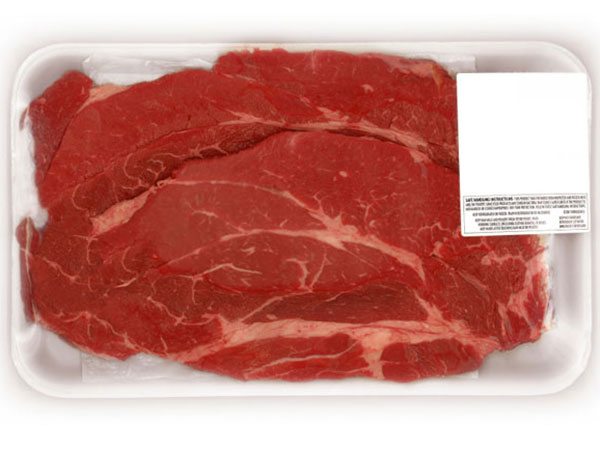
Putting it in context
Headlines reporting that eating bacon is as bad for human health as smoking may sound damning but context is important, says Casey Dunlop, Cancer Research UK’s health information officer. “While it may sound alarming, this simply shows how confident IARC are that the link is there. The risk from tobacco is much higher. It’s estimated that 3 per cent of all cancers could be prevented if no one ate processed or red meat but 19 per cent of all cancers would be prevented if no one smoked.”
It’s not just cancer, though. In May 2016, a paper in The Journal of the American Osteopathic Association called ‘Is meat killing us?’ examined the effect of meat consumption on mortality. Lead researcher Dr Heather Fields from the Mayo Clinic in Arizona says, “Studies consistently showed that an increased intake, especially of processed meat, was linked to an increased risk of early death. People with the highest intakes of red meat were more likely to die from cardiovascular disease and cancer than those with the lowest.”
What is too much, then?
So does all this mean we should give up meat altogether? Or can we still eat some – and, if so, how much? Advice from the World Cancer Research Fund has been consistent for the past five years: to lower the risk of bowel cancer people should avoid processed meat and limit the amount of red meat to a maximum of 500g a week (about 700g when raw).
In the UK, we’ve had official guidelines about eating meat since 2011. “The Department of Health recommends adults keep their intake of red meat, which includes processed meat, down to around 70g a day,” says nutritionist and expert for the Meat Advisory Panel, Emma Derbyshire. She also says, perhaps surprisingly, that most people in the UK are already within these guidelines.
But meat can be good, too
Most nutrition experts agree red meat can play an important part in a healthy, balanced diet. “It’s naturally rich in protein, which boosts satiety – the feeling of fullness after eating that’s key for helping to manage weight,” Derbyshire says. “Red meat also provides many vitamins and minerals, including iron, zinc, selenium and B vitamins.”
Many Brits have low intakes of some of these nutrients: 46 per cent of teenage girls and 26 per cent of women aged 19-64 have extremely low intakes of iron, and around half have low intakes of selenium. Some nutritionists are concerned that scaremongering headlines may mean intakes drop further.
“These vulnerable groups often consume well under 70g red meat a day and could actually do with eating more to improve their nutrition,” says Emma Derbyshire, adding that choosing lean cuts, cooking without fat and serving meat with more veg will boost the healthiness of meaty meals. A solution could be to eat more non-meat foods rich in these nutrients such as (for iron) oily fish, eggs, nuts, seeds, pulses and fortified breakfast cereals, as well as brazil nuts and seafood for selenium.
Nevertheless, it’s easy to consume more red meat than is recommended with ham or bacon in lunchtime sandwiches, fry-ups at the weekend, salami antipasti, and evening meals containing beef, lamb or pork – and that’s before adding in the steaks, bangers and burgers so many of us eat more of during barbecue season.
Everything in moderation
For meat-lovers, it seems the key is to cut down rather than give up meat completely. The recently revised Eatwell Guide, which defines government dietary recommendations, puts the emphasis on getting protein from sources other than meat. Beans, pulses, fish and eggs take priority and advice now includes ‘eat less red and processed meat’.
Dr Heather Fields agrees with the advice. “The evidence is variable but, overall, for a longer and healthier life, we should minimise red and processed meat, and instead eat a diet rich in plant-based foods. While some people may not want complete omission, they can try cutting down and substitute plant-based proteins, fish or poultry.”
Casey Dunlop concludes, “Eating lots of red or processed meat every day isn’t a healthy diet. So swap some of it for fish, vegetables or chicken. But don’t worry about having a steak or a bacon sandwich now and again. Overall, the risks of eating meat are much lower than for smoking.”
So, the bottom line? As far as health is concerned, there’s no need to go veggie. But the evidence suggests we should re-evaluate the idea of ‘meat and two veg’ and instead make veg the hero, with a small amount of meat in a supporting role.
Subscribe to our magazine
Food stories, skills and tested recipes, straight to your door... Enjoy 5 issues for just £5 with our special introductory offer.
Subscribe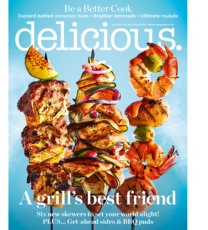
Unleash your inner chef
Looking for inspiration? Receive the latest recipes with our newsletter
